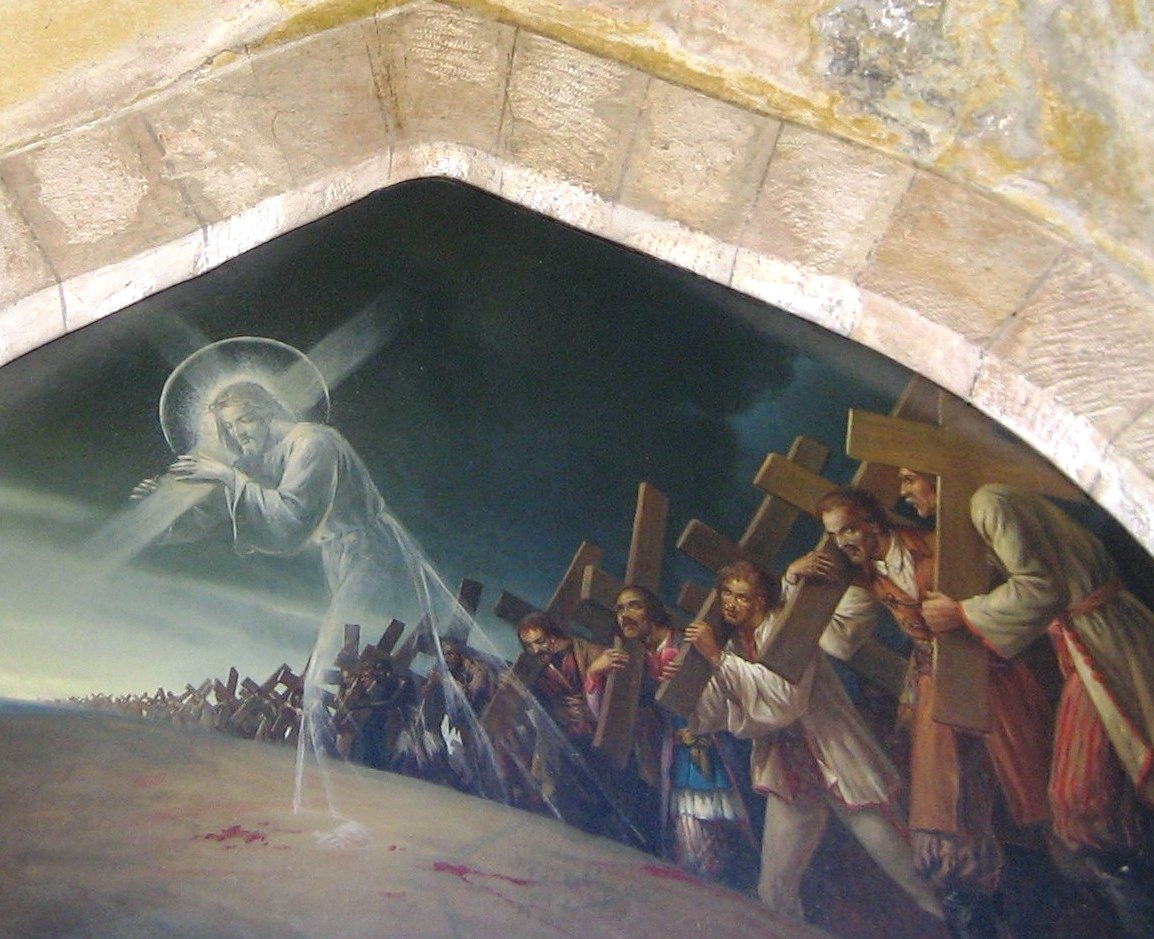We are in the thirteenth
Sunday of ordinary time. The readings of today focus on discipleship. This
reflection centers on the call that the priests and religious have received and
the kind of life that they are to lead.
To be a disciple of anyone
is not just to have interest on that particular person, or to like what s/he
likes, or to have some knowledge about him/her and to have relationship with
him/her. It is more than that; to be a disciple of somebody is to become a kind
of that somebody. Disciple has to follow the master in word and deed. Therefore,
the discipleship begins by living with the master. Jesus told his disciples to
come and see where he lives. “The disciples went and saw the place where Jesus
was staying…They stayed with Jesus...” (Jn 1:39). In word and deed Jesus taught
them the cost of discipleship. His call was free, given to many, but only few
remained till the end. Today, the seminaries and the formation houses of
religious orders represent the place of learning discipleship. Here, the
seminarian and the religious learn about Jesus in word and deed. It not a mere place
for imparting intellectual knowledge about Jesus rather it’s also a place of giving
Christ experience. Do our seminaries and religious houses give the experience
of Christ to the candidate? This is an important question that needs to be
answered authentically. The formators are supposed to be ardent disciples of
Jesus who could be model for the formees as they are disciples in making.
To be a priest and religious
is not to bring honour to one’s family. It is not escapism from the worldly
life. It is not even an alternative profession. To be priest and religious is
to be authentic disciple of Jesus by following him radically. The cost of
discipleship for Jesus is to leave everything even our own family priorities. Jesus’
call to follow Him radically by leaving everything should not be understood in then context. To change the meaning of ‘radical
following’ in view of evolution, or in the name of better understanding is only
an excuse that we make. Perhaps the radical call of Jesus to follow Him has
more relevance today than it was ever before. If Jesus had asked His disciples
to leave everything and follow Him in an underdeveloped period, where
materialism was hostile, what more would He expect from us in this consumerist
world. Would He not tell us to abandon all the materialistic attachments? Therefore,
His call has to be taken seriously by disciples in making.
The fruit of one’s
discipleship bring blessing to many. The one who welcomes the disciples of
Jesus receives blessing. In the first reading the woman receives the blessing
of bearing child (after long years of her marriage) as a result of welcome and
the hospitality that she has extended toward Gods’ servant and disciple; Elisha
(2Kg 4:16). This blessing is not an additional blessing. This blessing fulfils her
need. The blessing is not adding something to what we already have. The real
blessing is receiving something which we lack and are in need of very much. God’s
blessing would fill the family of the disciple from where one comes. It is not
because of his/her coming rather it is for the fruits that s/he bears. The life
amidst pandemic is a great opportunity for the disciple to show his/her
fidelity, to show his/her radicallity in following Jesus. For the disciples in
making (seminarians and religious) the present scenario is a challenge to their
decision to follow Christ radically and to experience Christ in this utter helplessness.
The faithfulness, fidelity and radicallity that the disciples of Jesus show during
this time of suffering would bring blessing upon many in the future.

Comments
Post a Comment